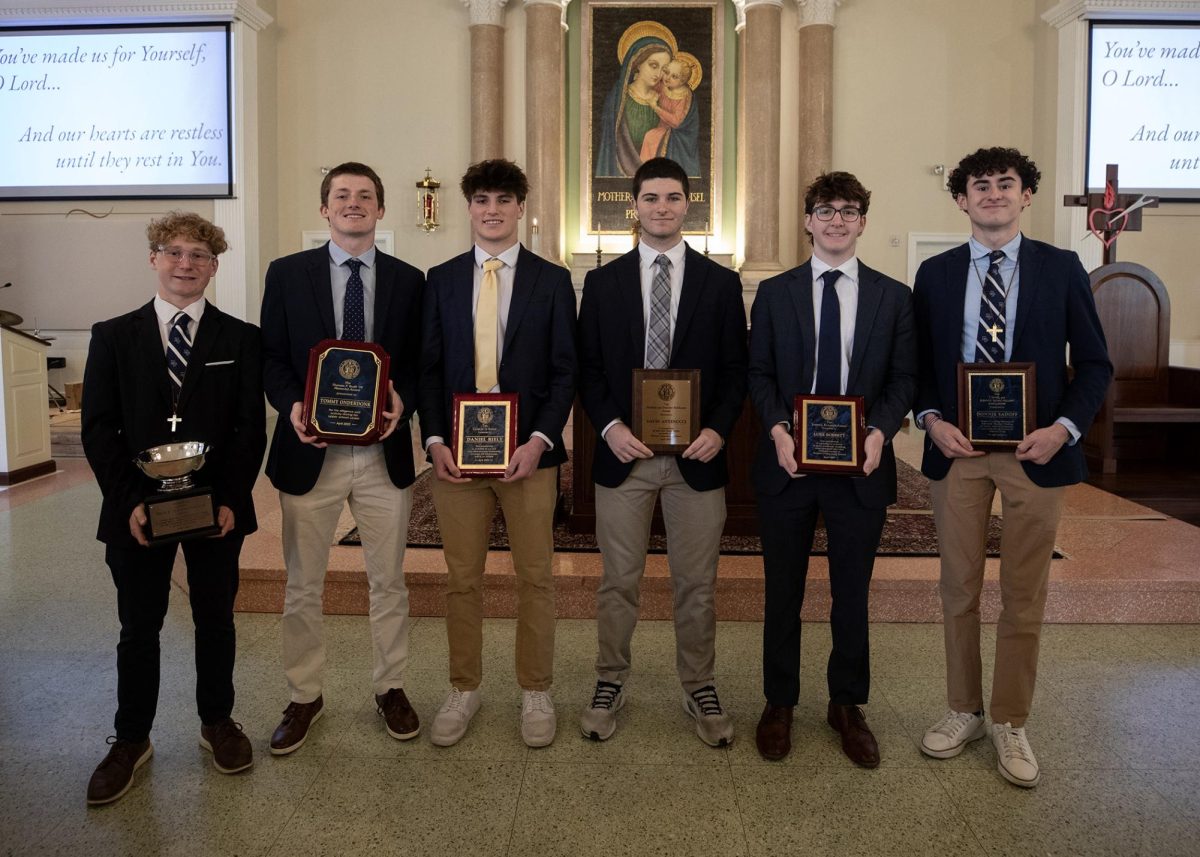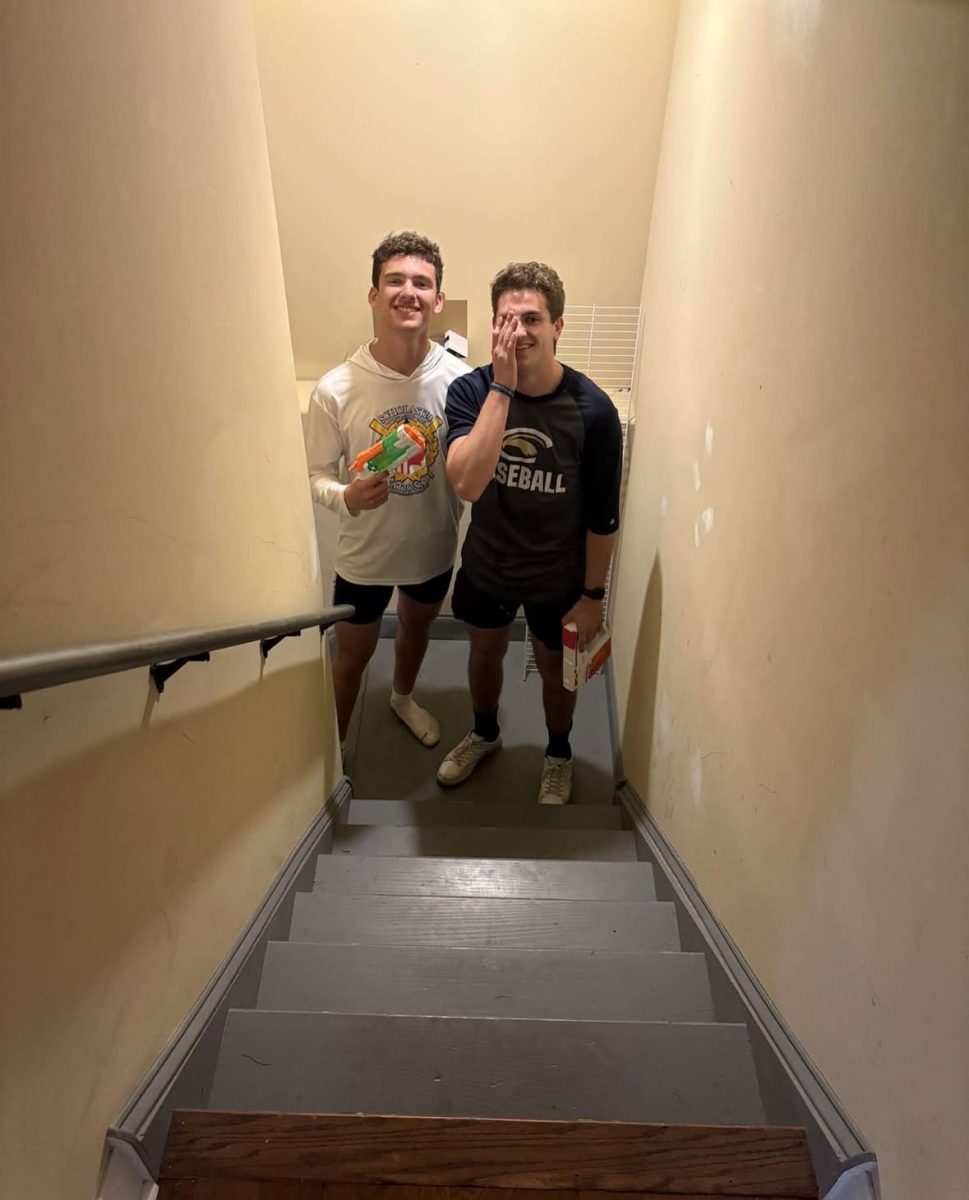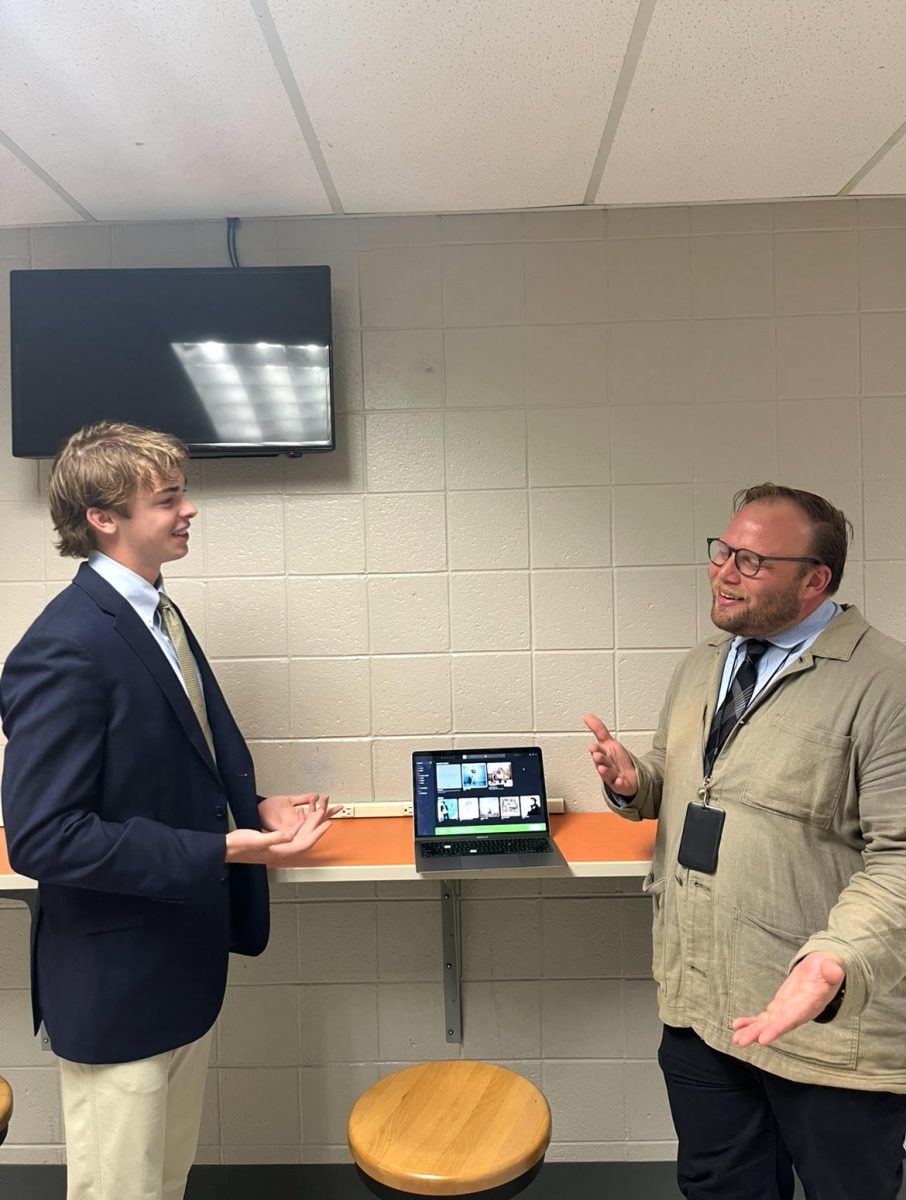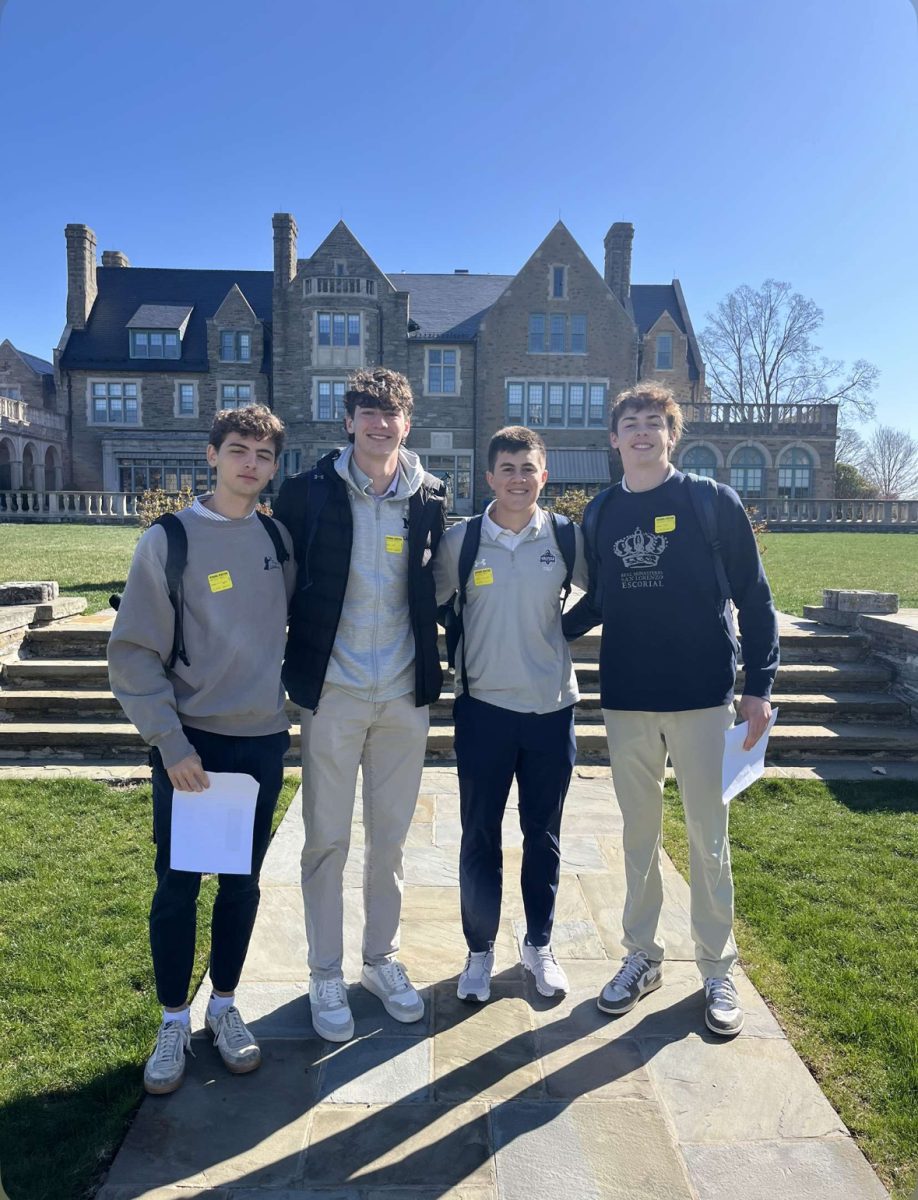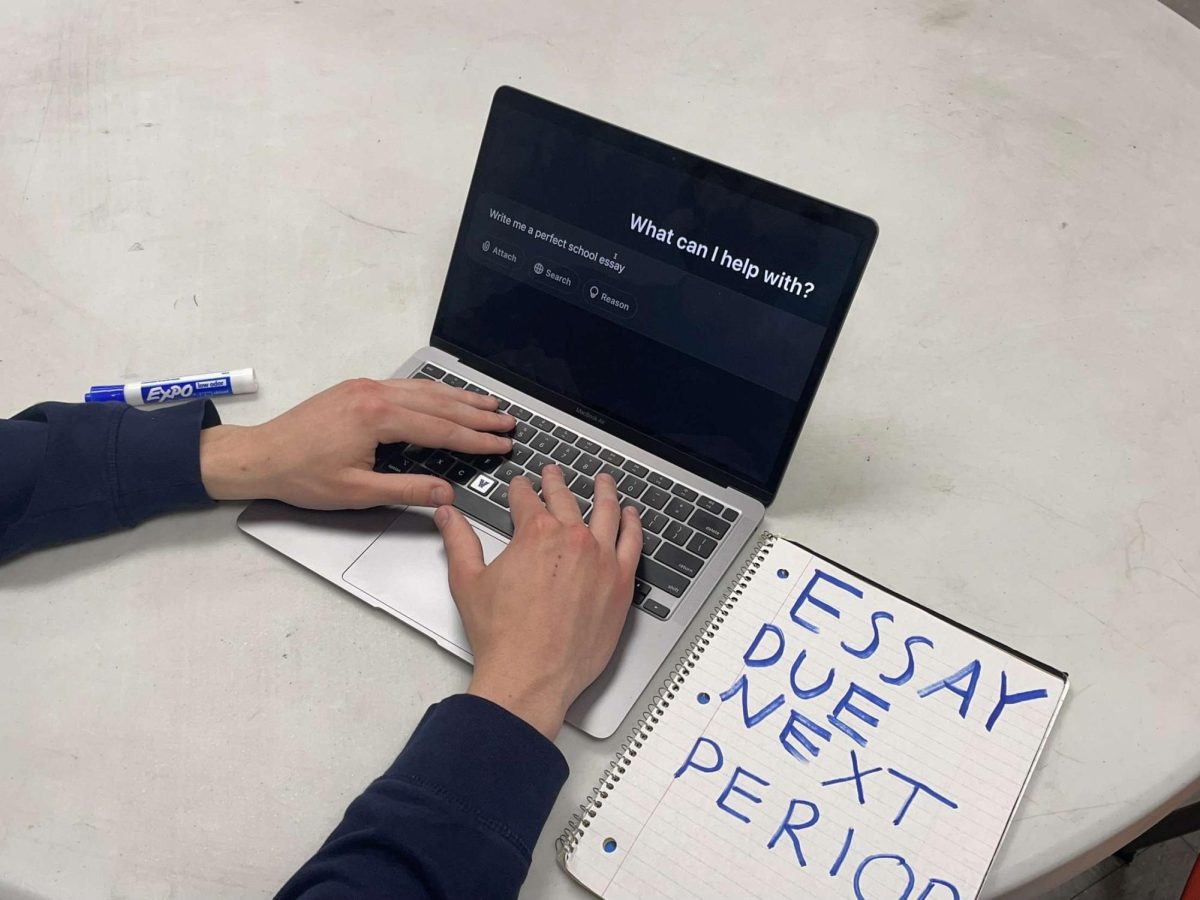Students question Malvern’s cheating definition and policy in counseling classes.
Malvern’s new counseling classes have begun teaching lessons regarding academic dishonesty. Several classes have reacted strongly to these lessons, sparking a debate within Malvern on what should constitute as cheating.
The lessons include “going over what is specifically in the handbook … and making [students] understand the difference between intentional cheating and unintentional cheating,” according to Mrs. Lauren Randle, Associate Director of College Counseling.
Randle and the rest of the Counseling Department became alarmed when students in the junior class began to disagree with the student handbook’s definition of cheating. The current student handbook defines cheating as “attempting to represent another’s academic works as one’s own or using inappropriate written or verbal aid.”
“It has been a passionate conversation,” said Randle.
According to Randle, some students believed that cheating could be justified as collaboration, and that it was beneficial because it helped fellow students.
Director of College Counseling Mrs. Emily Feeney said that some students did not agree on many of the things outlined in the handbook as academic dishonesty, including copying of homework.
Some teachers’ definitions of cheating align closely with the student handbook. College Counselor and English teacher Mr. Richard Roper, who helped develop the curriculum for the counseling classes, defined cheating as “when outside material is submitted by someone or a group of people as their own.”
However, other teachers are moving toward policies that support student collaboration, suggesting the traditional definition of cheating may be changing.
“The value in collaboration is teaching students how to work in a team,” said Social Studies Department Chair Mrs. Beverly Gordon. “They need to get those skills now in high school.”
“I actually encourage students to talk about my assignments outside of class,” said Gordon. “For homework, my only requirement is that they give credit where credit is due, citing sources”
However, Gordon does draw a line between collaboration and cheating. “Cheating is when you are knowingly copying, that’s wholly different from a collaborative discussion.”
The Counseling Department was able to have Moral Theology teacher Mr. Andrew DiDomenico speak with some of the classes. DiDomenico was concerned at the thought that students were condoning cheating because it helps out a friend. “You can justify anything as long as it gets anyone ahead,” said DiDomenico.
While DiDomenico’s intentions are to show the theology behind Malvern’s academic dishonesty policy, the Counseling Department continues to educate students on how it prepares them for life after Malvern.
“In college, there is a zero tolerance policy,” said Randle, who previously worked at Georgetown University. “If you cheat on your taxes or the stock market, you are going to jail.”
Randle, although in disagreement with some of her students, “really appreciate[s] their honest dialogue.” Randle is unsure of whether students are simply playing devil’s advocate or not, but “would love that answered.”
“I think having pushback from students, to get to the truth and the same page, is a great thing,” said Randle.


